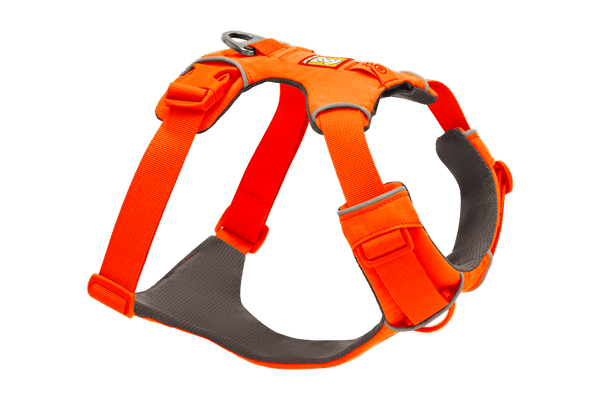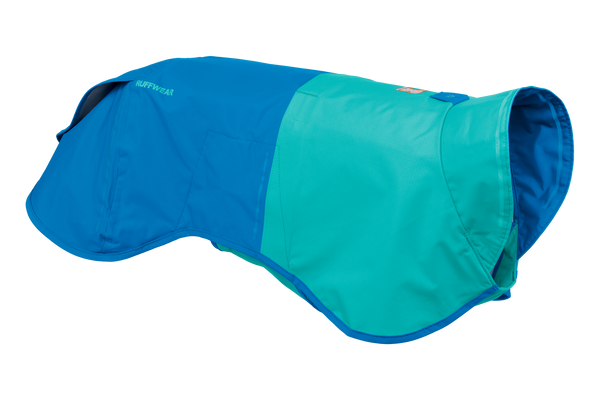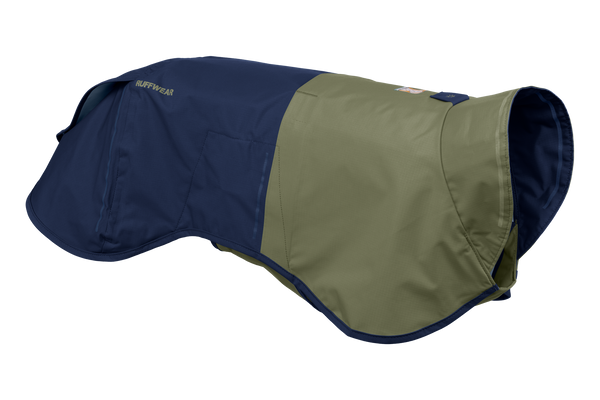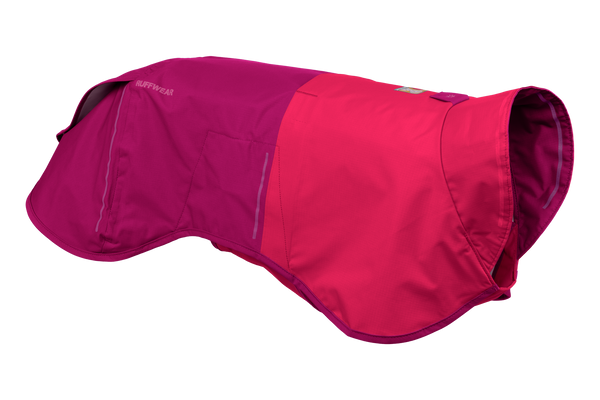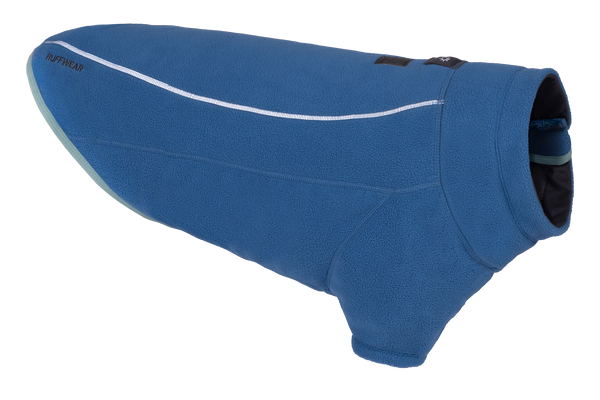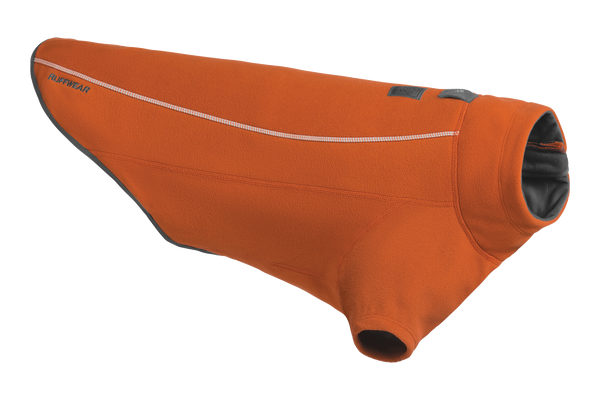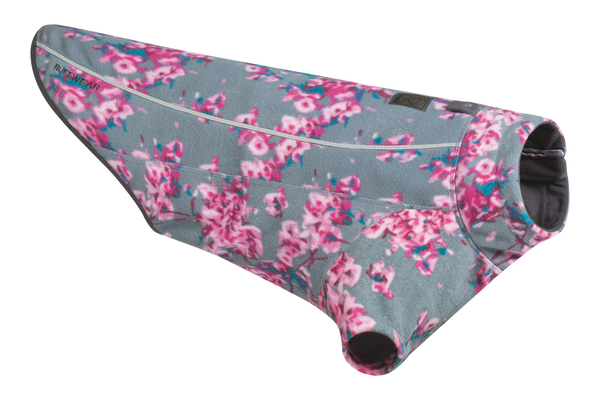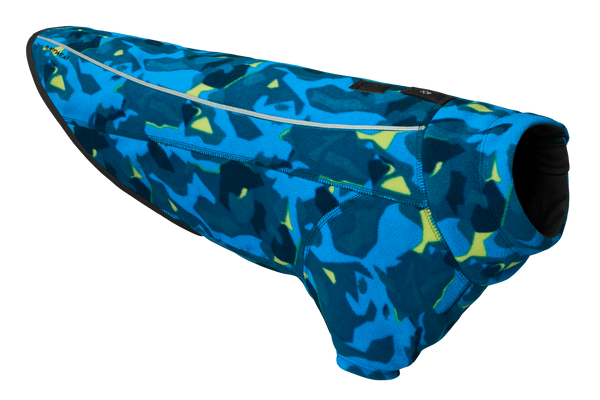Top 10 Tips for Standup Paddleboarding With Your Dog
Ruffwear Ambassador and author of "How To SUP With Your PUP", Maria Christina Schultz, offers up her Top Ten Tips for Standup Paddling with Your Dog.

Always make your dog wear a life jacket. There are a lot of misconceptions out there about why dogs should wear life jackets in the water. On paddleboards, the handle on the life jacket is so important because it gives you a way to get your dog back on the board. Also, dogs that love the water may exhaust themselves before they realize they are too tired to swim back to you. Lastly, if you get separated from your dog while on the water, a brightly colored jacket will help you and other boaters spot him.
Leave the leash on the dock. This is a tricky topic. As American Canoe Association (ACA) SUP instructors, we teach people to always wear a board leash because it keeps you tethered to your most buoyant object – the board. Unfortunately, the law requires dogs to be on leashes in most parks. But the dog’s leash can easily get tangled on your leash, or hang overboard and get caught on debris in the water, potentially dragging your dog off the board. It’s really a judgment call. If you feel safer with your pup on a leash, attach it to the life jacket and stand on the opposite end. This way the leash is not around your dog’s neck, and you can quickly release him if you need to. Consider the conditions of the water you are paddling in, and check the local park rules first!
Keep nails and feet tidy. Trim your dog’s nails and any extra hair in between the pads of his feet before paddling. This will help reduce scratches on the board and keep your dog from slipping.
Add extra grip. Riley has hip dysplasia, and Kona has a bad joint in her front leg -- it makes me cringe when I see them slip on a paddleboard. Most boards, especially epoxy boards, are very slippery. Adding an extra pad for your dog will make his ride safer. There are a variety of options to choose from, like additional deck pads, rubber bath mats, or a Pup Deck traction pad.

Wear out young or energetic dogs before paddling. No matter how much you train, sometimes it’s just hard for puppies or high-energy dogs to relax on the board. Bring along a water toy like the Lunker or Hydro Plane, and have a game of fetch before you take your dog out on the board. Swimming is great exercise, and it will help cool your dog down before paddling.
Bring along some treats. Never stop training and reinforcing good behavior. Bring along a few small treats and reward your dog when he’s sitting on the board properly and being a good pup.
Practice. Intentionally fall off your board and practice getting back on. Helping your dog get back on the board can be tricky, so know what to expect!
Remember to hydrate. You and your dog will both need lots of water while paddling in the hot sun. Sun reflecting off the water can dehydrate you both quickly. Hydration packs are great options; you can easily access your water, plus it stays a little cooler inside the pack. Also be sure to get a collapsible water bowl like the Quencher for your dog. It’s lightweight and easily folds up into a hydration pack.
Don’t forget about first aid. Have a small first-aid kit if you are going out on a long day trip. Anything from snakebites to torn pads can happen while your dog is out with you. Having a few supplies on hand can make all the difference until you can get back to land. Check out Randy Acker’s book, Field Guide: Dog First Aid, Emergency Care for the Hunting, Working, and Outdoor Dog, and carry it with you. It’s a great reference guide for dog first aid.
Anticipate the jump. When a dog unexpectedly jumps off a board, the board moves, a lot, and everyone usually ends up in the water. When approaching the shore or a dock, go into the safety position and kneel on the board. Sometimes pups get excited when they know it's time to get back to land, plus it’s just safe practice to kneel within 15 feet of the shore or dock.

